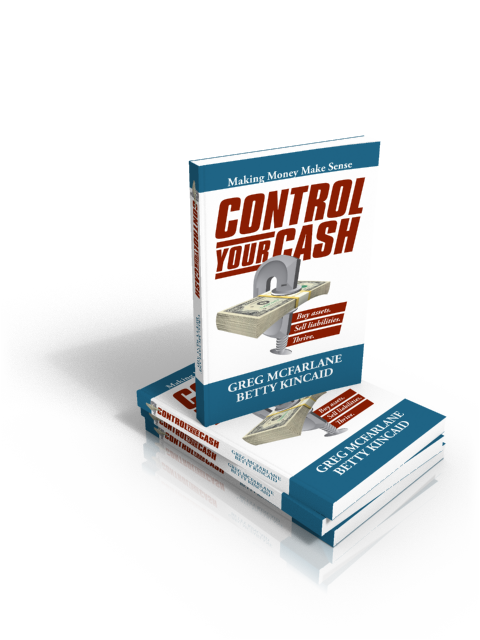This week’s guest blogger is Randall T. Mays (the “T” is for savings), president, chief executive officer, and #2 nepotist at Clear Channel Communications, America’s largest radio station owner.*
Hi, and thanks for letting me address your readers. Websites don’t have Arbitron ratings, but I’ll bet you’ve got more readers than our average station has listeners. Especially considering that your blog’s format doesn’t change every time a consultant scratches his nose or a regional manager decides he’s tired of hearing your voice. By the way, how’s McFarlane Media’s stock price doing? Oh, privately held, huh? That’s too bad.
My daddy’s daddy’s and big brother’s company might be monolithic and national in scope, but radio is at its best when it’s local. Yes, that’s notwithstanding the generic syndicated hosts we pass off as talent (I think I hired Petros & Money on a dare fueled by cocaine, and not that cheap Peruvian stuff, either. That’s to say nothing of Delilah and her 45-second relationship advice pellets broken up by Richard Marx songs, the edgy and sardonic wit of Sean Hannity, not to mention that thigh-waxing queer talented young man Ryan Seacrest.)
Anyhow, getting back to my pablum about national radio really being local. (Or is it “pabulum”? I can never remember, and as an oligopolist and child of privilege it’s not my job to know things.) What really makes local radio resonate with listeners, assuming they don’t live more than 4 miles away from our transmitters and therefore can only hear static, is the commercials. As long as we can convince local merchants that sponsoring a dying medium equates to big savings, we can pass off the work and let said merchants be the ones who engage in the business of “localizing” radio, 4 times hourly.
But that’s not all. Our merchants should be heard, heard, and heard yet again. Because if there’s any inefficient use of our valuable air time, it’s 30-second spots. Why? Glad you asked. Our expensive research shows that people love to listen to commercials…and the longer, the better! We focus on 60-second spots, but that’s only going to be until 120-second spots become the norm.
Have you noticed something about almost all 60-second spots? Aside from the fact that they almost never tell a coherent story or exploit the features of an auditory-only medium? It’s this – almost all 60-second spots are essentially 30-second spots, repeated.
Ahh…repetition. The same characteristic that makes our state-of-the-art 500-song playlists so compelling goes double for commercials. It’s the key to emblazoning yourself on the listeners’ brains – saying the same thing over and over again.
I always tell our salespeople – well, those of them who can stay in the job for longer than 3 months without dying of boredom or frustration – that a local business should never say its phone number once, nor twice, when 5 times will do.
I figure you can recite a 7-digit phone number once every 2½ seconds, or a 10-digit number in 3½ seconds. That latter is especially fresh in places like Las Vegas, or Wyoming, or Salt Lake City, where there’s only one area code and mentioning said code instantly betrays whomever’s speaking as an outsider who doesn’t understand the local culture. Anyhow, as far as I’m concerned that means that the ultimate commercial would therefore be one that repeats the phone number 24 times (or 17 if you include the area code.)
You know what another one of my fantastic ideas is, which I encourage all our stations to adopt? Giving the street address of a local business, but not the major cross streets.
Say you’re a business in our home town of San Antonio. Never say that you’re “a block north of Rigsby and New Braunfels”. Not when you can say you’re “located at 1858 South New Braunfels.” (And don’t forget the unnecessary word “located”, by any means.) With the latter, your potential customers can waste time driving up and down New Braunfels all day long, looking for your shingle. Isn’t that far better than telling them exactly where you are? You should always throw the ZIP code in there when giving the address, too. That way, if any listeners want to mail themselves to your place of business, they can do so.
Another handy tip is getting the proprietors of these local businesses to voice their own commercials. Yeah, I know my dad boss wrote some crap on our website about how valuable our stations’ talent is, but let’s be real: telling a local merchant that he can voice his very own commercial and be a low-magnitude radio star is going to make him that much more inclined to buy. Especially if we don’t charge him any more than if we’d used one of our jocks to voice the spot.
Damn, I know so much about advertising, I ought to be running radio.
*Please God, let him pull a Tony LaRussa and sue us for libel.




